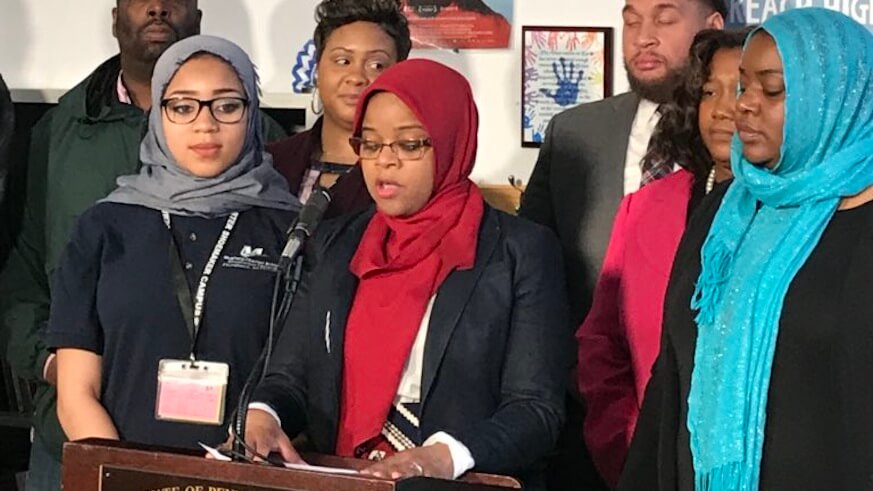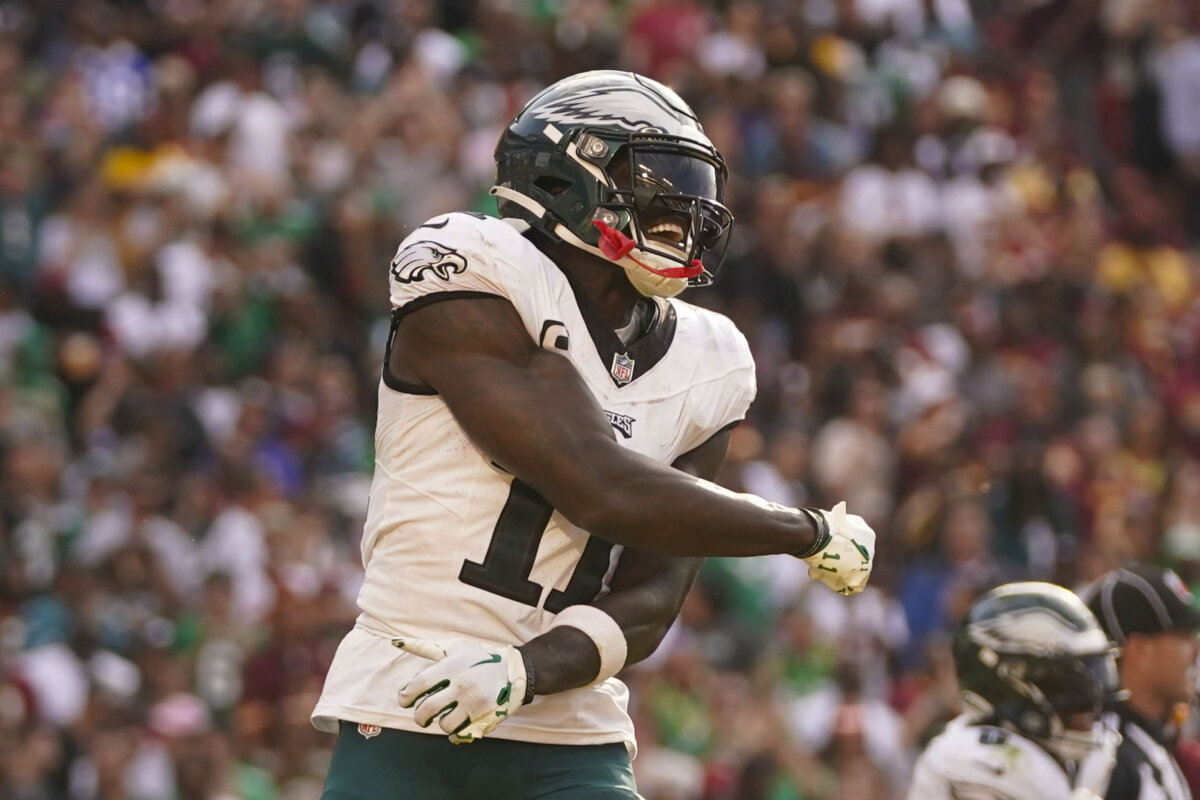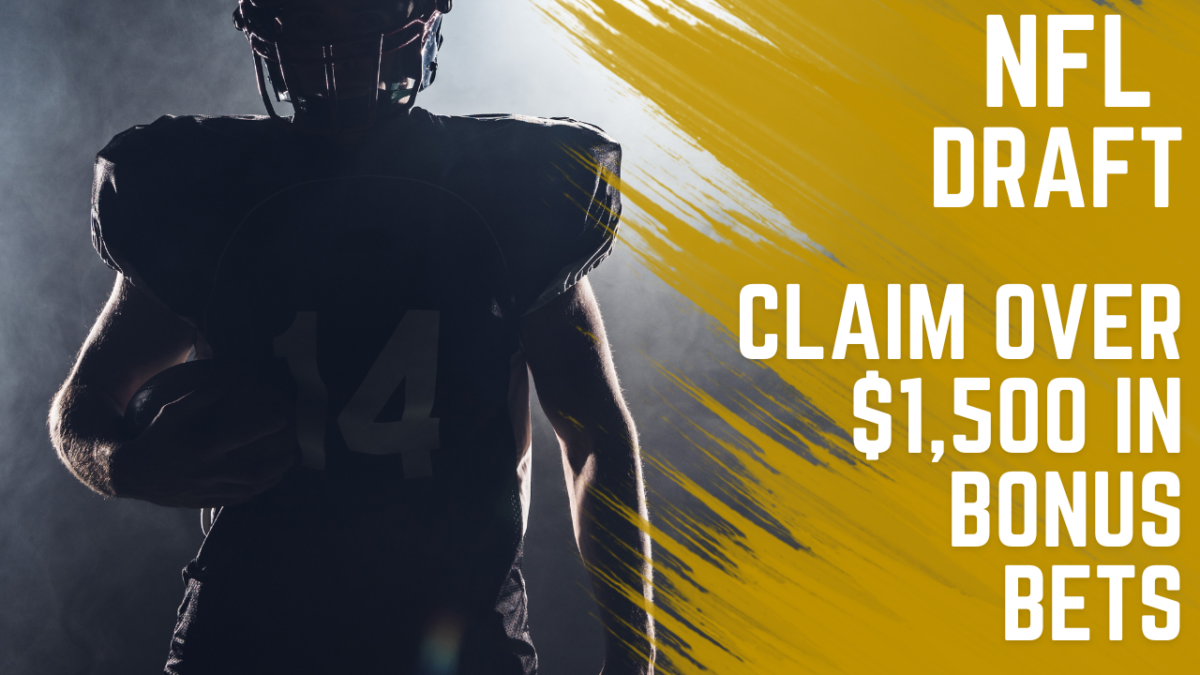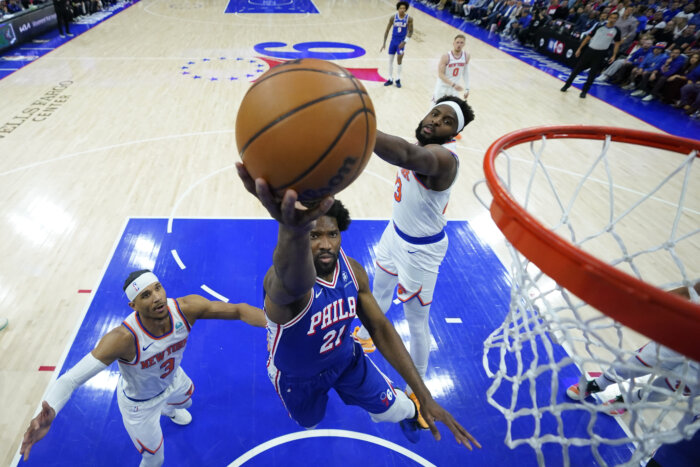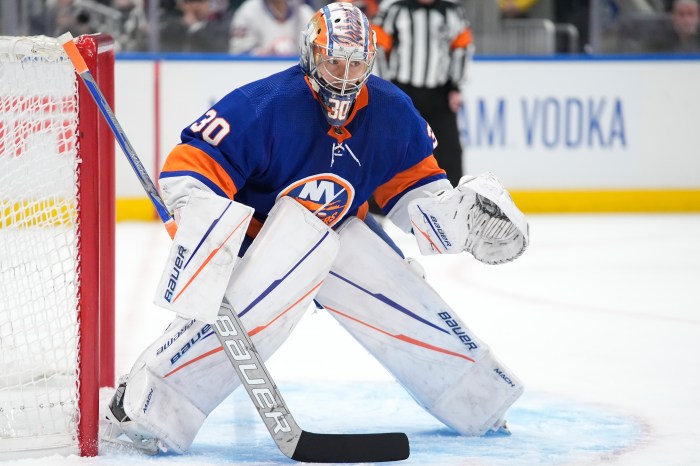Nashihah Thompson-King, 16, played basketball for Mastery Charter School Shoemaker Campus all season long while wearing her hijab.
That’s why it came as a shock when, on Feb. 16, with one minute 45 seconds to go in a playoff game, the honors students was told by a female referee that she could not continue to play with her hijab. As the garb is part of her Islamic faith, she declined and got benched.
Now Thompson-King is getting support from local politicians and advocates from the Muslim community who says she was treated unfairly and are calling on the state sports league to change its rules.
“It’s my understanding that Ms. Thompson-King was able to compete in at least 24 games regionally and nationally prior to this game, and never once was she asked to remove her hijab,” said Timothy Welbeck, a civil rights attorney with the Philadelphia branch of the Council on American-Islamic Relations (CAIR). “In this particular instance, she was. I don’t know why this enforcement was so sudden and so stark, but we know it happened, it was public, humiliating and discriminatory.”
Local politicians say requiring students to obtain a waiver to wear religious items like hijabs is unconstitutional.
“The Pennsylvania Interscholastic Athletic Association [PIAA] procedure requires that student-athletes fill out and submit a waiver to freely exercise their religion while competing in sporting events,” wrote state Sen. Sharif Street in a letter to PIAA’s commissioner, co-signed by fellow state senators Vincent Hughes, Art Haywood and John Sabatina Jr. “This places an undue burden on students’ free exercise of their religion.”
PIAA said national high school sports rules bar any type of headgear, unless the student obtains a waiver for religious or medical reasons, to ensure safety and fairness for other athletes.
“It’s unfortunate this happened,” said PIAA spokeswoman Melissa Mertz. “We do not want any kids to sit out, but we also have a process and rules that we need to follow.”
Mertz asserted that staff from the school and team were at a pre-season rules meeting where teams were reminded that players would not be allowed to play while wearing headgear without a waiver, and said waivers were requested and received by students at 15 other schools in the Philadelphia area.
But either way, the rule is questionable, CAIR said.
“The rule was not enforced prior to Friday’s game,” Wellbeck said, “and the waiver in and of itself is still discriminatory.”
The PIAA will take up the discussion of whether headgear regulations should be amended at their next board meeting on March 21.



